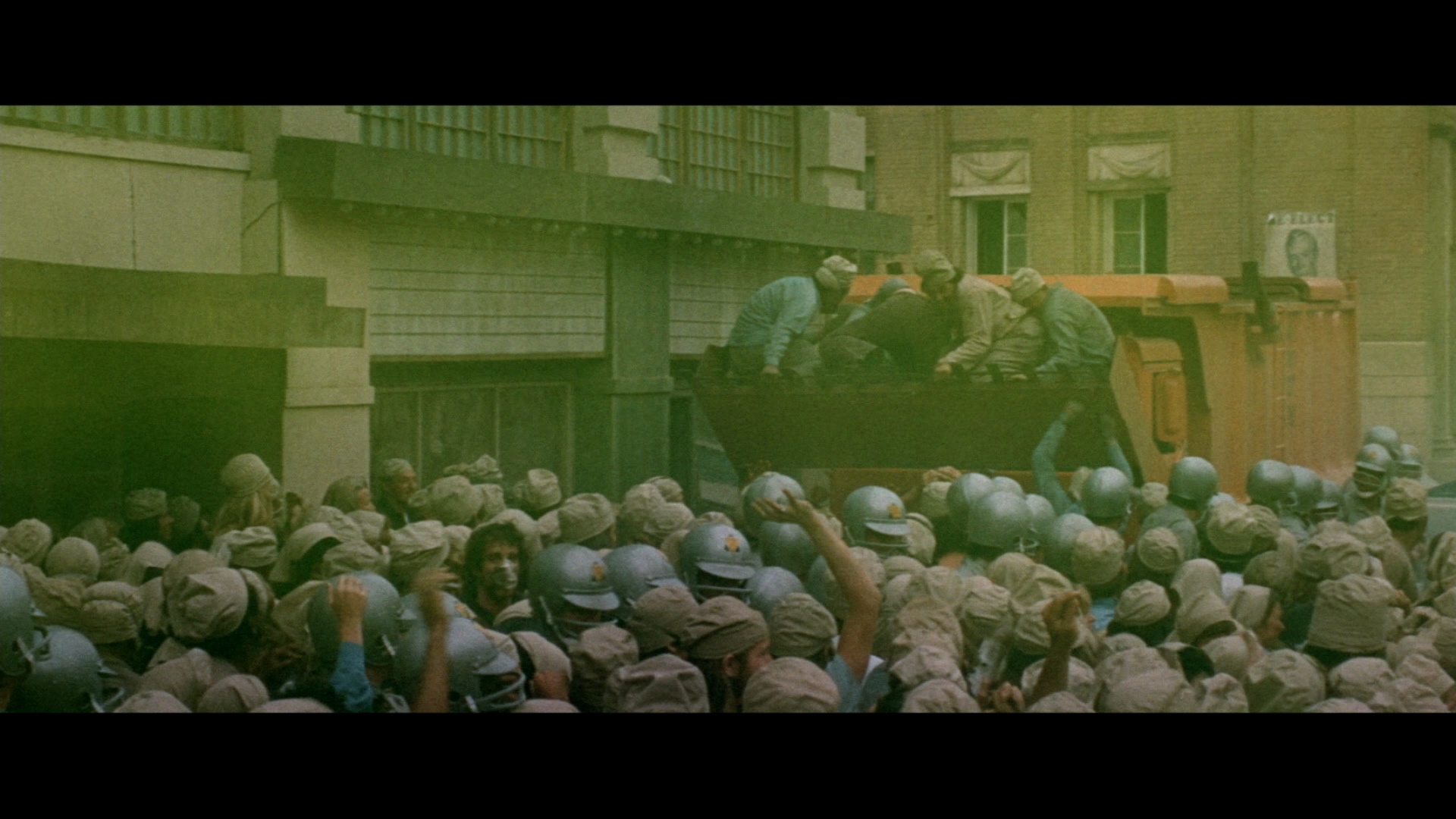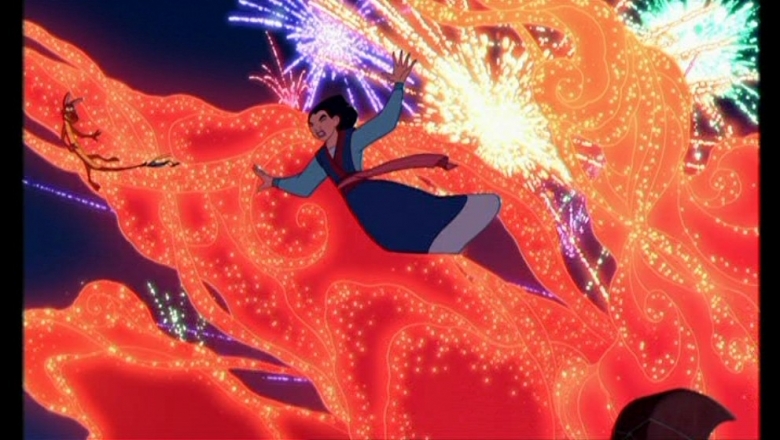
Directed by: Carlos Saldanha
Written by: Don Rhymer, Joshua Sternin, J.R. Ventimilia, Sam Harper
Starring: Jesse Eisenberg, Anne Hathaway
Rated: PG
"Rio" is a bit like a Faberge egg, pretty and glittering with a completely hollow inside. One crack of that egg and it becomes all too apparent how little substance is supporting all of that style. Once again Hollywood has banked on the kiddies being wowed by the pretty lights, sweeping into the corner any suggestion of delivering a script with messages other than believing in yourself and the power of friendship conquering all. Been there, seen that.
Like "Happy Feet" and "Finding Nemo", our central character is an anthropomorphized animal who struggles with limitations that his brethren do not. In this case it is a blue macaw, ingeniously named Blu, who has never learned to fly. One of only two of his species left in the world, as a chick Blu was captured by smugglers and by sheer luck fell into the lap of a little girl named Linda.
Now grown up, Blu finds himself more of a human than a bird, snug in his little bookshop paradise in Minnesota and completely uninterested with the animal world. Best friend of the rather sad Linda, Blu is content in drinking hot chocolate and keeping Linda blissfully unaware of how lonely she really is. But when an Brazilian ornithologist named Tulio convinces Linda to bring Blu to Rio de Janeiro to mate with the other of the two blue macaws, he finds his world upside down, and much like a fresh college graduate he must face the challenges of real life.
The story touches on themes of conservation and the dangers of poaching and smuggling, though unlike films like "Wall-E" in doesn't make a point of truly addressing the importance of the topic. Instead they focus on Blu's romance with the spunky macaw Jewel and Blu's own insecurities. The villains are smugglers, and a dastardly, vicious bird named Nigel, but they're all too hapless to be frightening and too dumb to be entertaining. More than anything else they're simply a nuisance, slowing down Blu's attempt to get back home to Linda and into the wings of Jewel.
The film somehow assembles a cast of A-listers, including Jesse Eisenberg and Anne Hathaway as the stars, though their voice acting does little to keep up with the zippy, meandering plot. I suppose the idea of a quick and painless paycheck was reason enough for those two, George Lopez, Jamie Foxx and will.i.am to sign on to the project. Actually the latter two give the best vocal performances of the bunch, particularly will.i.am, who I could foresee having a lucrative future in the business. Most of the rest, however, give lackluster performances with don't lend well to the lackluster plot.
Where the film does excel is in the exuberance of the art direction. There are some clever action moments, but mostly the filmmakers were smart in placing the story in a city for vivacity and during Carnival. The setting lends itself to catchy tunes and a pallet of eye-popping colors. Like "Happy Feet" these birds love to sing and dance, mostly samba, and the choreographed computer work is entertaining.
That doesn't make up for its script which could easily have been penned by a 4th grader, nor does it negate the lack of a memorable villain, solid climax or any sort of organic flow to the plot. "Rio" relies more on energy, pop culture references, and enough jungle-themed jokes to make one gag, than it does on a solid structure. A straightforward story reeks of summertime fluff, and this is about as fluffy as they come.
2/4


















